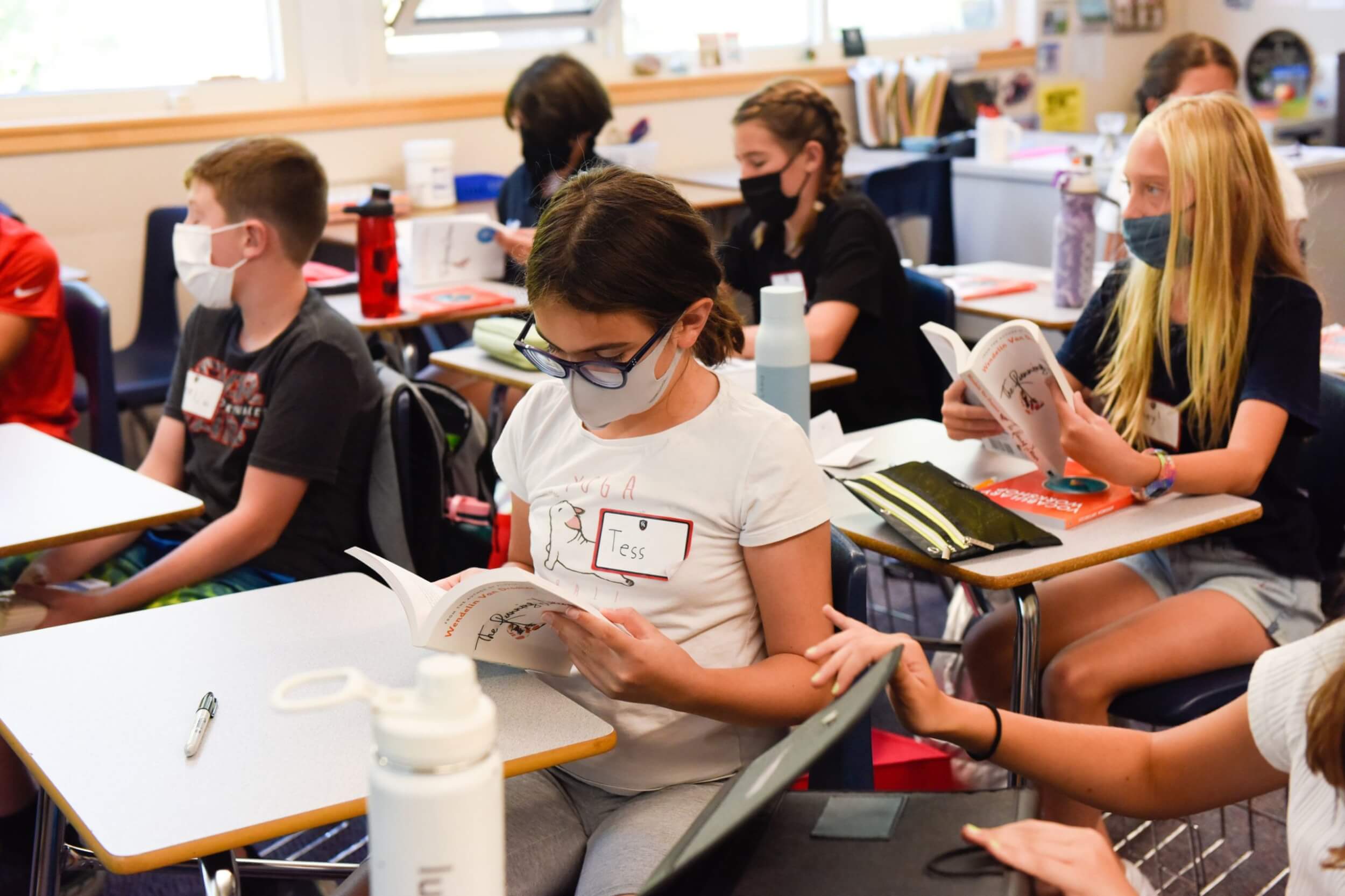When I used to be a varsity soccer coach—a long time ago—I knew that I only had one or two occasions during the whole season that I could use my full authority as coach to get a true jump in quality of play from my team. If I pushed too hard, too often, the “jump” in performance was diminished. In this sense, I thought long and hard about when in the season was the right time to animate my team. These moments of “all in” were different from the coaching I did every day to encourage good on-the-field teamwork, habits, and skills.
Spend your chips wisely on what matters
Using this metaphor of choosing wisely about how to spend your parenting capital, I believe, has merit. There are so many things that a parent hopes that their child will do and become. Some are super important and immediate—don’t experiment with drugs, and its partner, which is not too far off, don’t drink and drive, as well as always be honest and kind. Others are less important but desirable—keep your room clean and help with the dishes. And, of course, there are all sorts of things we hope for that fall somewhere in between. Our “chips” as a parent are not unlimited, or we risk sounding like Charlie Brown’s mother or teacher, “mah, wah, wah, mah, wah.”
Consider investing in these two areas this year:
The easy ones to spend our relational and parent capital on as parents involve child safety—be careful crossing the street, don’t get into a car with strangers, etc., etc. These are for the most part non-negotiable, and our kids are not surprised when we expect them to toe the line. I would like to focus on two areas where I would like parents to consider anteing up for this year. The initial “cost” in parent chips is somewhere between modest and large depending on your child, but the benefits in the long term are likely to be significant.
1. The daily habit of reading: Very few daily activities pay back the same kind of returns that reading does for young people. (Note: I include listening to books in this category.) Reading at least 30 minutes daily can establish a lifelong pattern that leads to an expanding world view, a better vocabulary, improved understanding of the human condition, increased empathy, exposure to the structure of language, and, of course, great pleasure. Unfortunately, today, too many young people are content to skate across the internet, social media feeds, and TikTok and do not engage in sustained reading or listening for pleasure. Some young people need a “nudge” to establish this habit and to continue to develop their reading skills. In a sense, computer games, the internet, social media, and a packed schedule will inevitably squeeze out reading time, if parents don’t actively invest in helping young people establish this habit.
2. Setting technology boundaries: The research is in, and it’s unequivocal. Too much social media is not good for young people. “Multiple studies have found a strong link between heavy social media and an increased risk for depression, anxiety, loneliness, self-harm, and even suicidal thoughts.” We know this as adults, and we also know that there are few battles with young people that are more pitched than those about access to technology. Worse, when we engage in these limit-setting conversations, we recognize first-hand the fabulous lawyer that our child is going to one day become, and yet, setting these limits and being actively involved in the decisions your child is making online will be critical to their future success and self.
Deep down our children know that we are there to support and protect them. They recognize—occasionally begrudgingly—that our intentions are pure. They won’t say it out loud very often, but they realize that the right boundaries and encouragements are good for them. More often than not, we have much more “capital” than we think we do as parents. Let’s agree to spend it wisely on the sorts of things that will really matter for our children’s futures.
If I can be helpful in any way, please do not hesitate to contact me.
